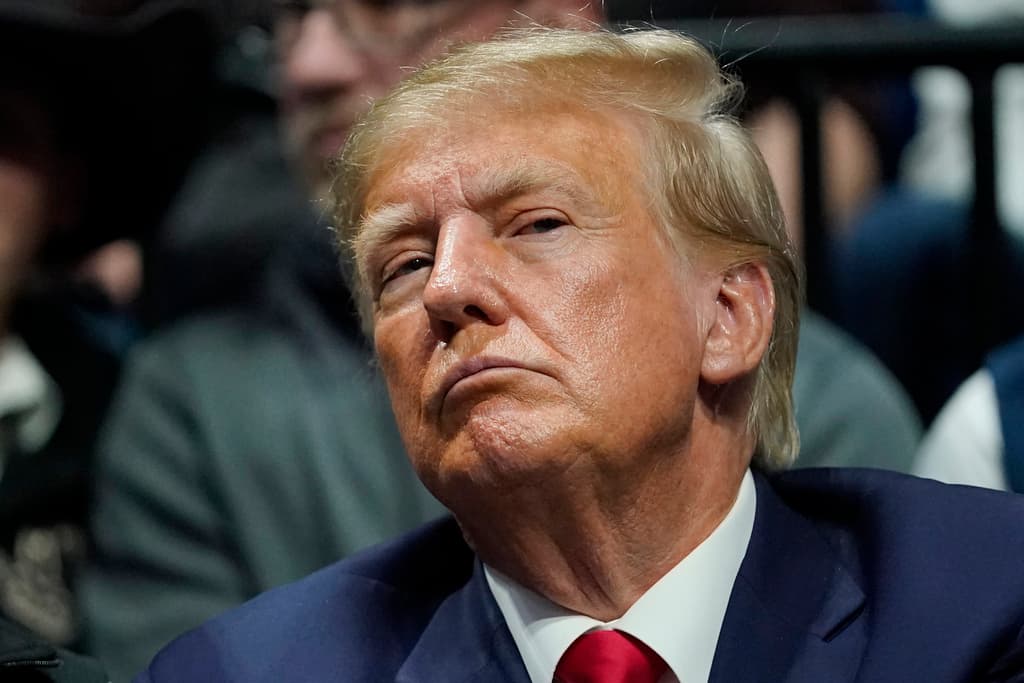Trump Loses Bid To Move Hush Money Case to Federal Court
The ruling finds that the president is a ‘federal officer,’ but that payments to Michael Cohen were not ‘official acts.’

A federal judge’s denial of President Trump’s bid to have District Attorney Alvin Bragg’s case against him moved to federal court means that his trial, over allegations of falsifying business records, will unfold in state court.
Please check your email.
A verification code has been sent to
Didn't get a code? Click to resend.
To continue reading, please select:
Enter your email to read for FREE
Get 1 FREE article
Join the Sun for a PENNY A DAY
$0.01/day for 60 days
Cancel anytime
100% ad free experience
Unlimited article and commenting access
Full annual dues ($120) billed after 60 days

